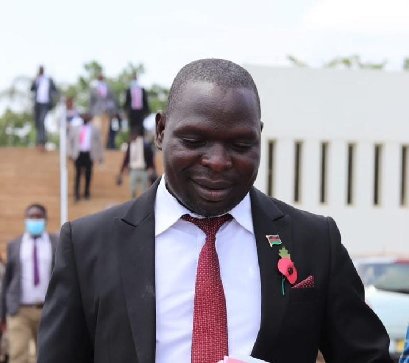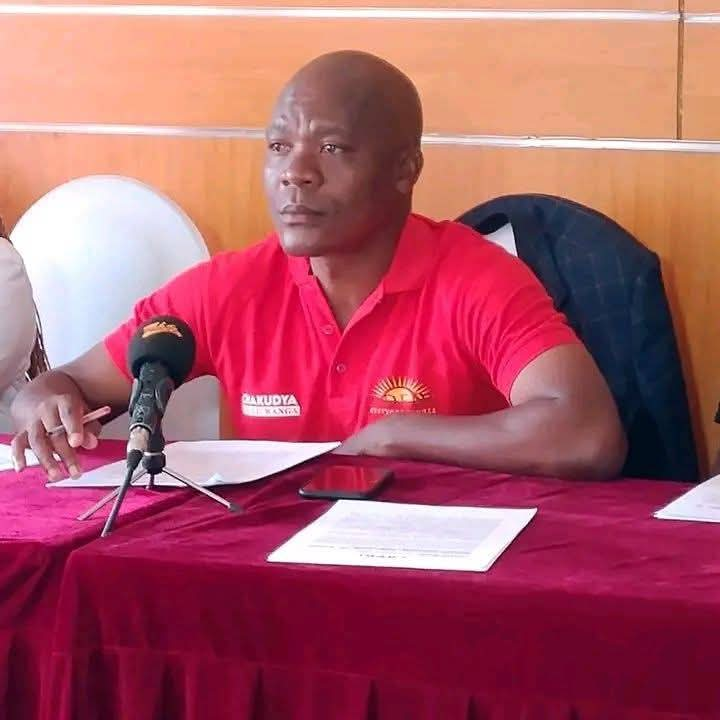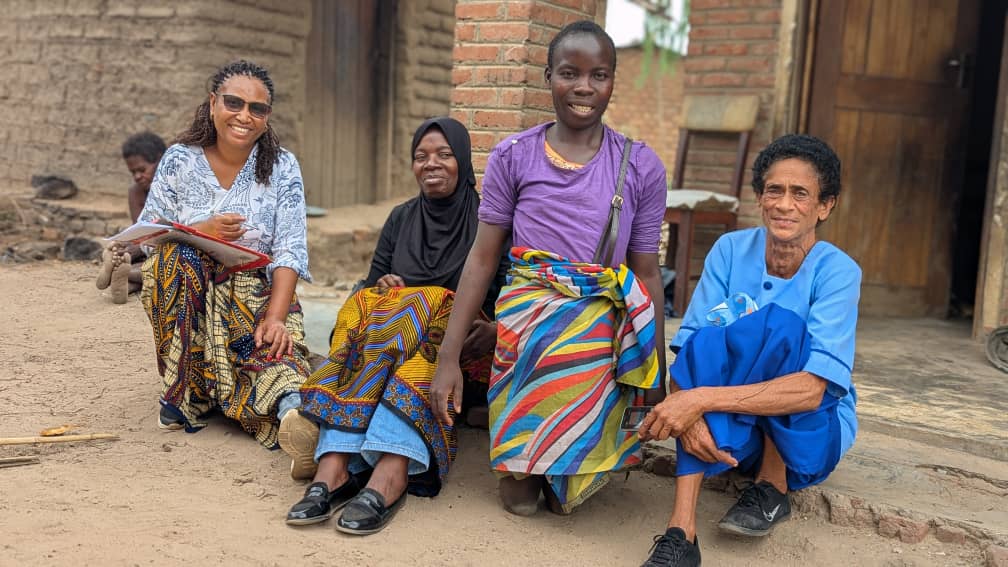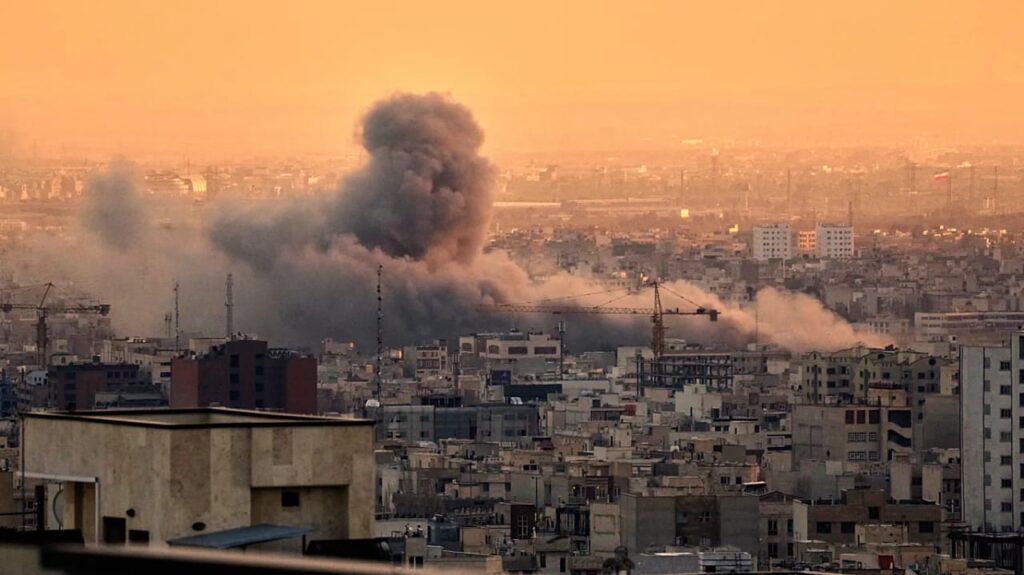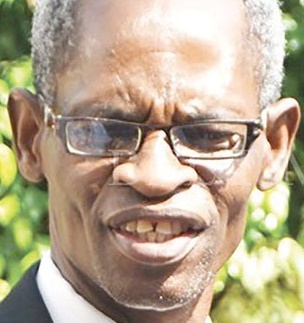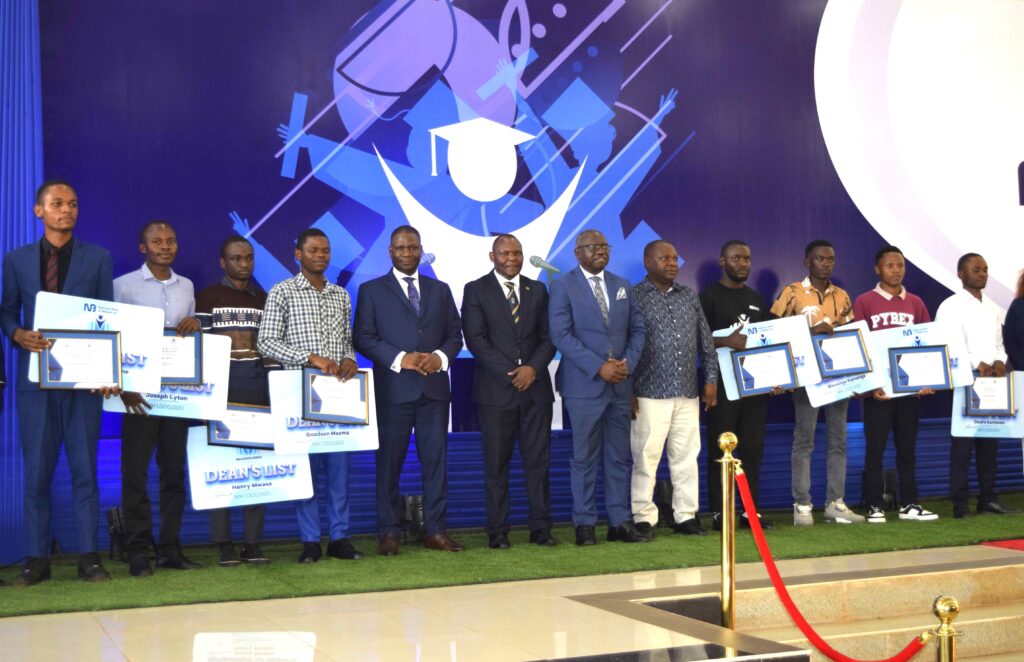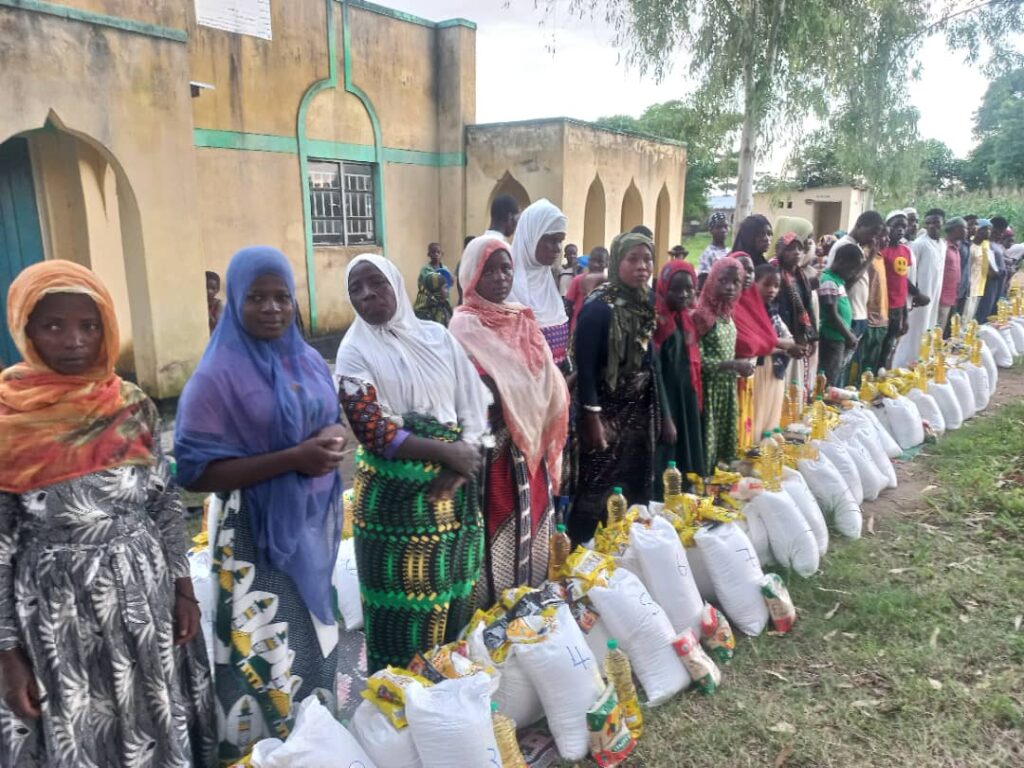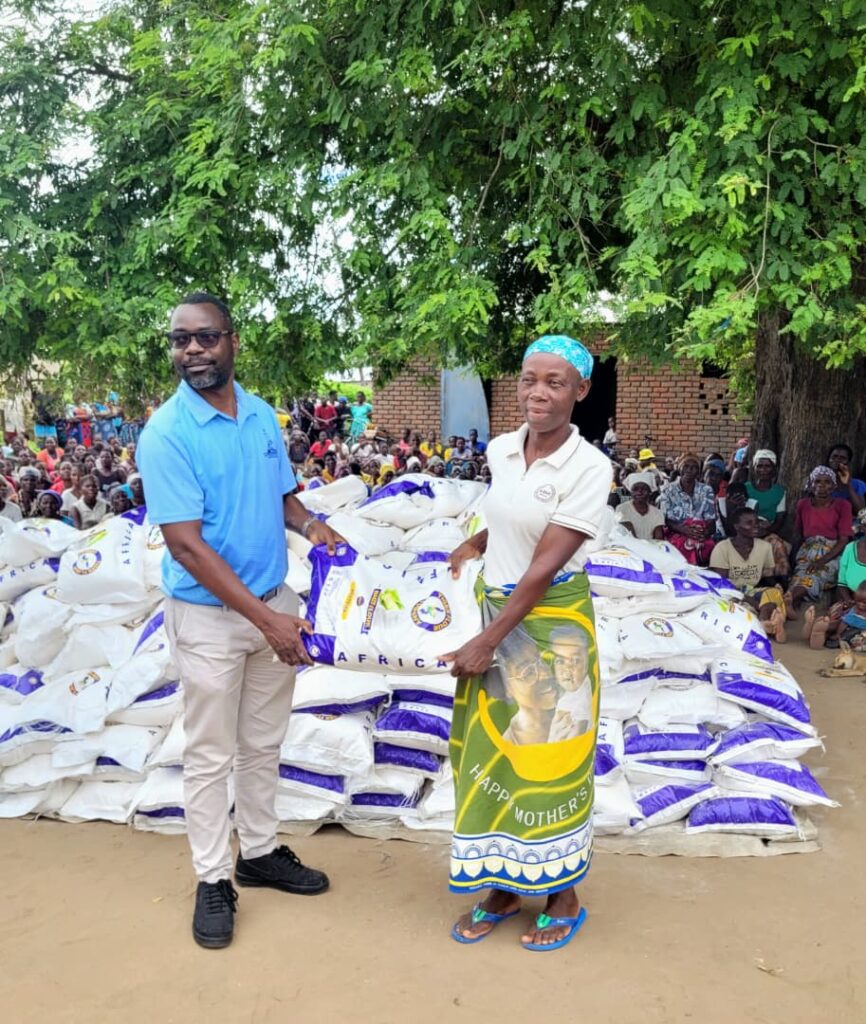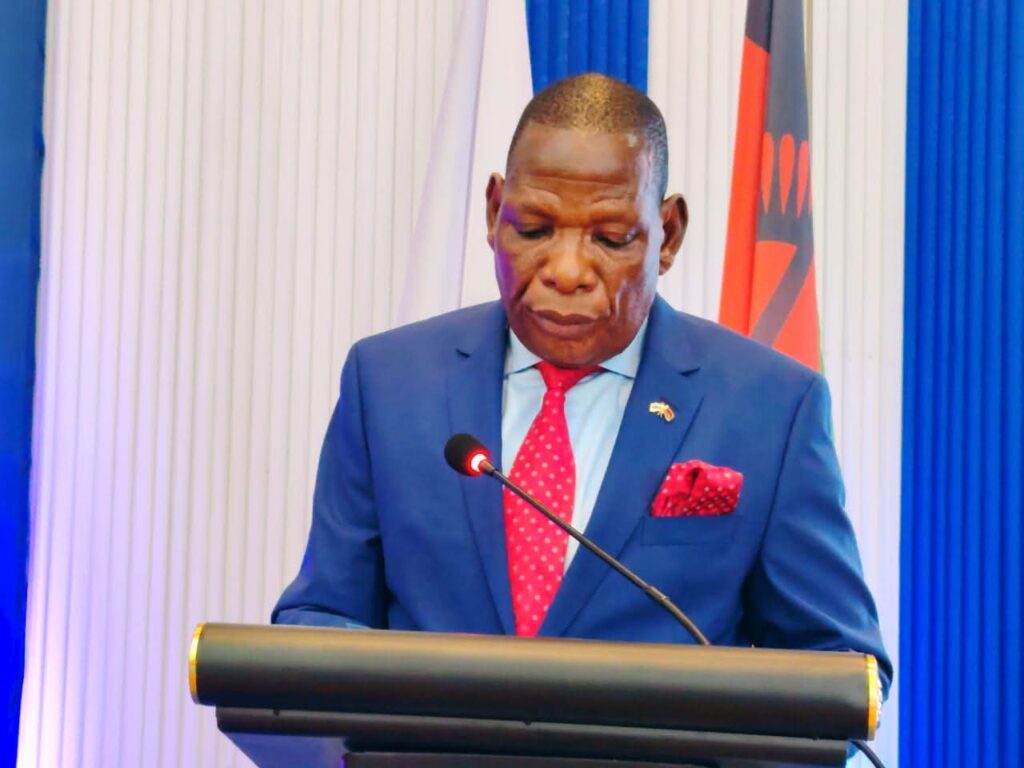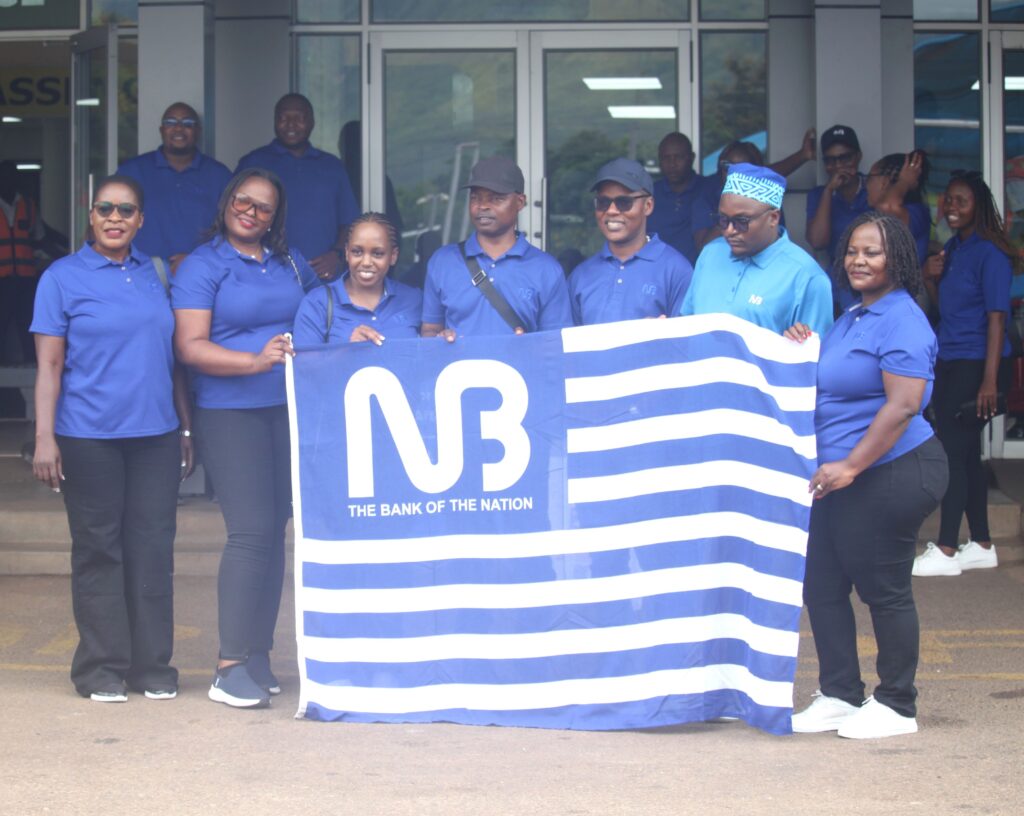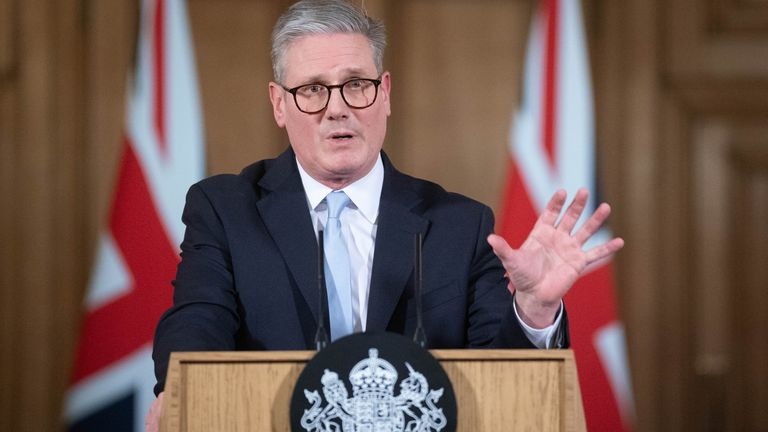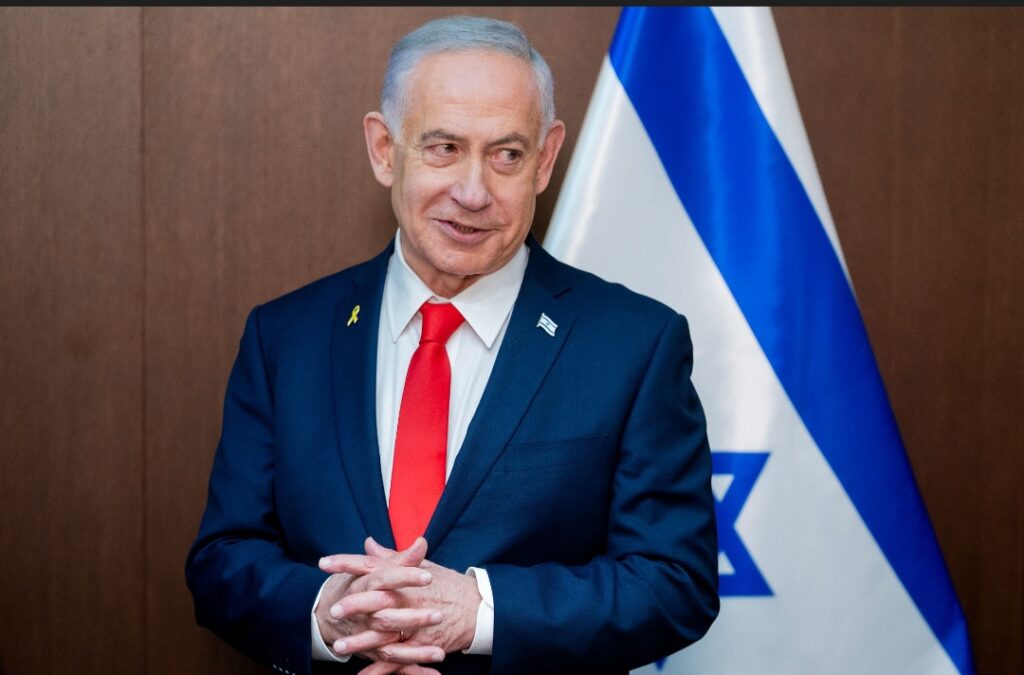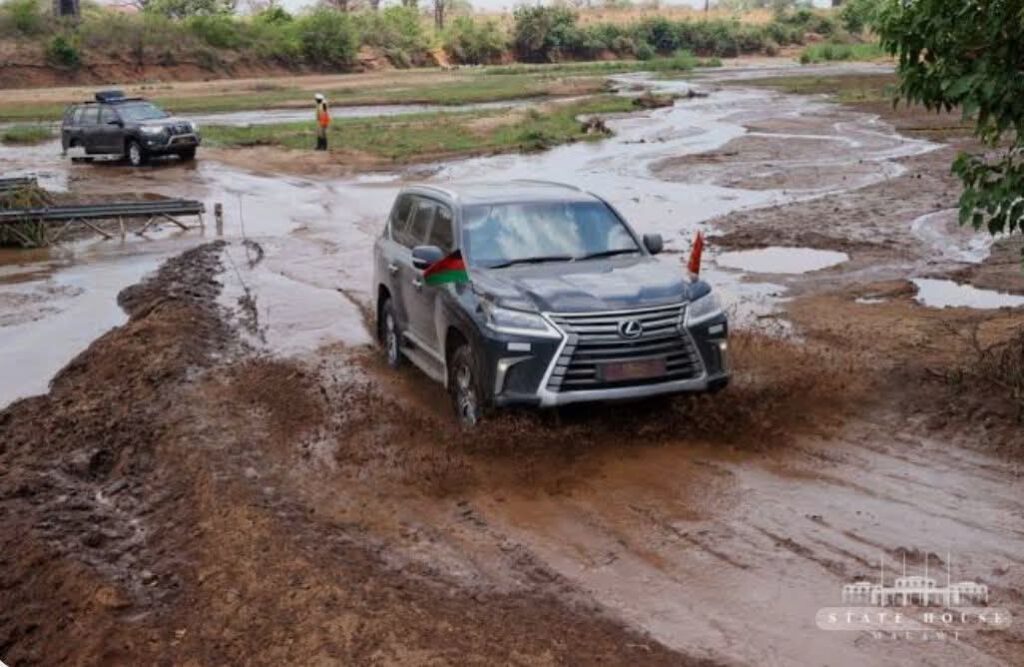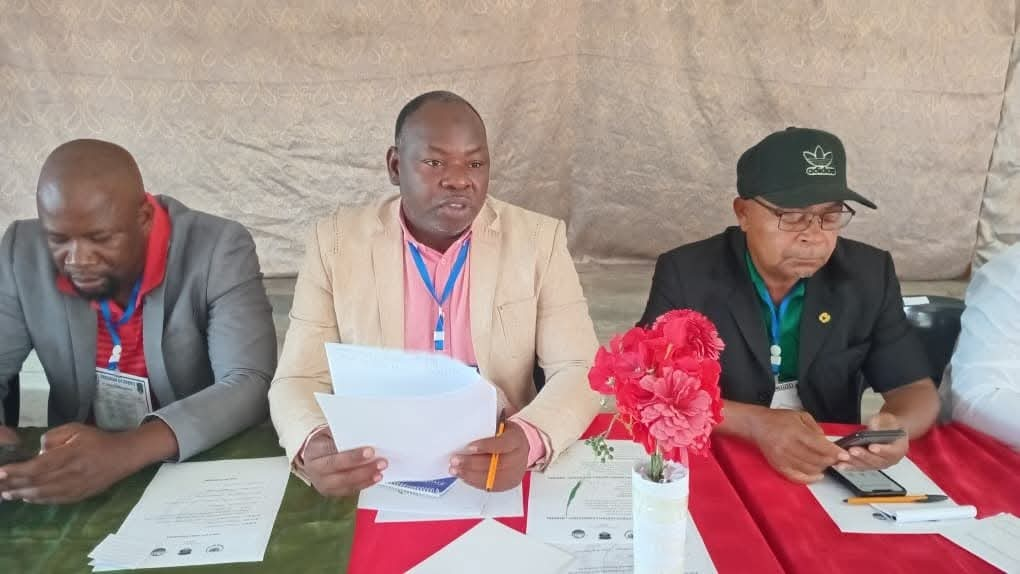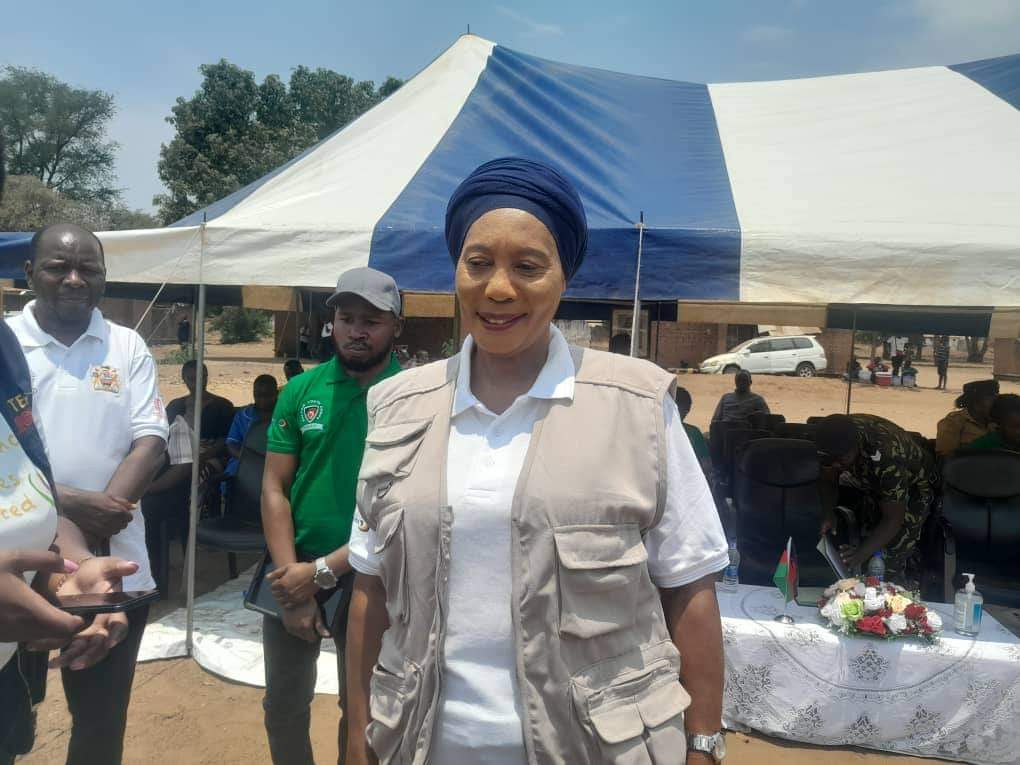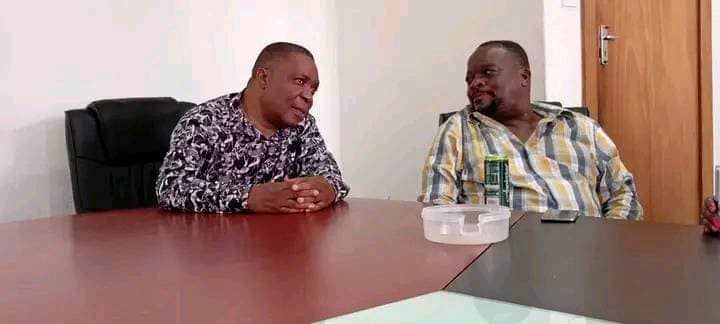By Burnett Munthali
Welcome Rick Dzida to the Interview
Thank you for taking the time to join us today for this important discussion. We are pleased to have you share your thoughts on the recent controversy surrounding the conduct of Labour Minister Vitumbiko Mumba during a workplace visit at NP Plastics. Your insights will be invaluable as we explore the implications of this situation on workers’ rights, public trust, and the broader issues of governance in Malawi. Once again, welcome, and we look forward to your perspective.
1) What is your take on the allegations against Minister Vitumbiko Mumba regarding his conduct during the workplace visit to NP Plastics? Do you believe such behavior is acceptable for a public official?
Rick Dzida (RD): The allegations against Minister Mumba are serious and unacceptable for a public official.
Workplace harassment and abuse are significant concerns for employees in Malawi, and it’s essential that public officials set a good example.
The Minister’s behavior, as alleged, undermines the trust and confidence in the Ministry of Labour and the government as a whole.
Let me state that the conditions these people are working are totally inhuman and Minister Mumba may be justified for the reactionary not proactive approach.
Unfortunately, under President Chakwera regime, many Malawians have reached a point of salivating upon their decrements. They would rather work under harsh conditions as long as they bring food on the table. It is a pathetic situation.
2) The incident has sparked public outrage, especially regarding the Minister’s treatment of the employee, Madalo Gilbert Sma. In your view, what impact could this have on the public’s trust in government officials, especially in the Ministry of Labour?
RD: The incident has sparked public outrage, and it’s likely to erode the public’s trust in government officials, especially in the Ministry of Labour.
The Minister’s treatment of the employee, Madalo Gilbert Sma, has been widely condemned, and it’s essential that the government takes swift action to address the situation.
The Ministry of Labour should be a champion of workers’ rights, not a perpetrator of abuse.
3) Given that workplace harassment and abuse are significant concerns for employees in Malawi, what reforms or actions should be taken to prevent such incidents during workplace inspections?
RD: To prevent such incidents during workplace inspections, several reforms are necessary. These include:
Ensure that labor laws and regulations are robust and effective in preventing workplace harassment and abuse.
Provide training and capacity-building programs for labor inspectors, employers, and employees to raise awareness about workplace harassment and abuse.
Set up clear reporting mechanisms for employees to report incidents of workplace harassment and abuse.
4) There have been calls for an independent investigation into the allegations. What role do you think civil society organizations and labor unions should play in ensuring accountability and transparency in this case?
RD: Civil society organizations and labor unions have a crucial role to play in ensuring accountability and transparency in this case. They should:
Call for an independent investigation into the allegations against Minister Mumba.
Provide support and solidarity to the affected employee, Madalo Gilbert Sma.
Advocate for policy reforms to prevent workplace harassment and abuse.
5) Finally, what broader implications do you think this controversy has on the government’s approach to workers’ rights and the professionalism of public officials in general?
RD: The controversy surrounding Minister Mumba’s conduct has broader implications for the government’s approach to workers’ rights and the professionalism of public officials. It highlights the need for:
Establishing stronger accountability mechanisms to prevent abuse of power by public officials.
Promoting a culture of respect and professionalism within the public service.
Ensuring that workers’ rights are protected and promoted through effective labor laws and regulations.
Conclusion
Thank you so much, Rick, for your time and valuable insights during today’s interview. Your thoughtful comments have provided a deeper understanding of the situation and its broader implications for workers’ rights, governance, and the role of public officials in Malawi. We greatly appreciate your perspective and your willingness to share your expertise with us. On behalf of everyone involved, thank you once again for joining us, and we look forward to more of your contributions in the future.
- Chithyola Banda: Between Allegations and Political Undercurrents
- Kalindo thanks Mutharika for Chilima’s death fresh inquiry
- CDEDI Blasts Chakwera Era as “Malawi’s Worst Mistake,” Says Mutharika Comparison an “Insult”
- CCYCDO Strengthens Community Ties Through Visit to Disabled Individuals in Chiradzulu
- Gulf in Flames: Iran’s Retaliatory Blitz Shakes U.S.–Israel Alliance and Redraws the Balance of Power
- Msonda claims corruption cannot happen in government without him being aware
- Kamphangala plead with Kenyatta to revoke panga wielding thugs bail
- NBM plc unveils Mo Excellence programme for tertiary students
- MAM distributes food to Muslims in Nkhotakota
- Global War Shock: South Africa Hikes Fuel Prices as US–Israel–Iran Conflict Drives Up Costs
- PressCane donates K50 million in food relief to flood victims in Chikwawa
- Business columnist says Mwanamvekha facing difficult task of restoring economy
- NBM Platinum Employee Award winners return home safely after regional unrest
- Starmer Warns of Escalation as Iran Intensifies ‘Reckless’ Strikes After Khamenei Killing
- BREAKING: Israeli PM, Benjamin Netanyahu’s Office Reportedly Attacked In Surprise Missile Attacks
- Makanjira Foundation Demands Action as Government Allocates K664 Billion for Road Projects
- ERFA Hails First-Year Gains, Doubles Team Subventions Amid Refereeing Concerns


